The Benefits of ANAB
Accreditation
Accreditation provides formal recognition to competent organizations. It provides a conduit for regulators and industry to find reliable products and services to meet their specific needs. Accreditation is a means to reduce costs and redundancy and eliminate trade barriers. Most important, accreditation assures industry and government decision-makers that accredited organizations are competent and their results can be relied on.
Why ANAB?
ANAB is a signatory of the multilateral recognition arrangements (MRAs) of the International Laboratory Accreditation Cooperation (ILAC) and the Asia Pacific Accreditation Cooperation (APAC). ANAB also is a signatory of the International Accreditation Forum (IAF) and Inter-American Accreditation Cooperation (IAAC) multilateral recognition arrangements (MLAs).
Domestically, ANAB has been recognized by the Federal Communications Commission, the National Institute of Standards and Technology (NIST) National Voluntary Conformity Assessment Systems Evaluation Program (NVCASE), the NELAC Institute (TNI), and many other private and government organizations. Read more about ANAB recognition.
Benefits of ANAB Accreditation
- Assures competence and reliability.
- Encourages marketplace confidence via regular, impartial, independent audits by an internationally respected body.
- Positively influences customer satisfaction based on greater quality awareness and enhanced communication.
- Reduces liability insurance and legal costs.
- Removes barriers to trade.
- Sustains continual improvement through assessment of system effectiveness, efficiency and competence.
- Promotes consistency and demonstrates equivalence of assessments via mutual recognition based on peer review.
